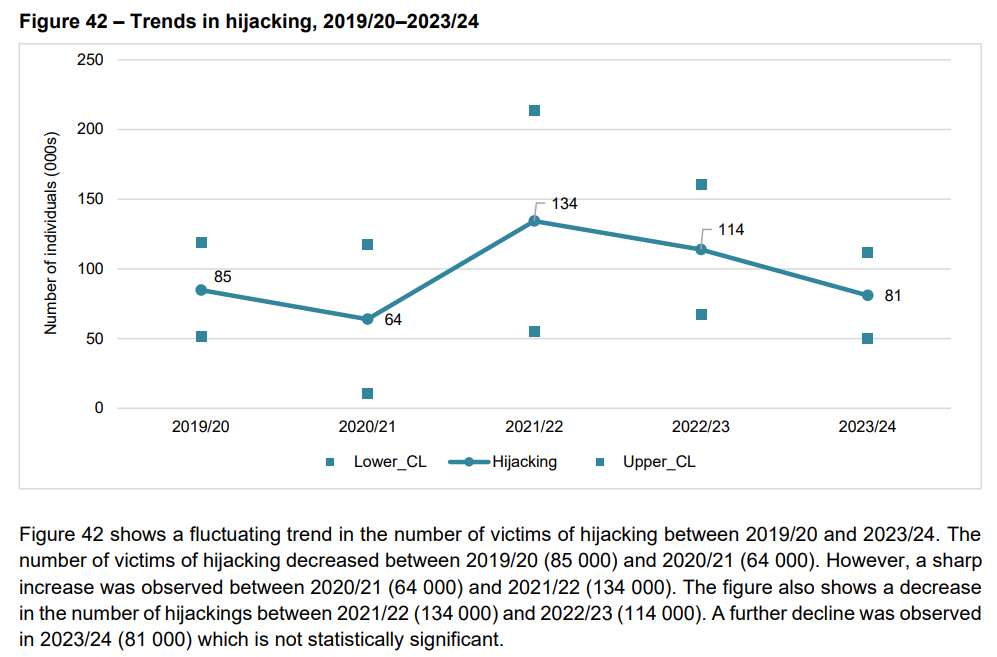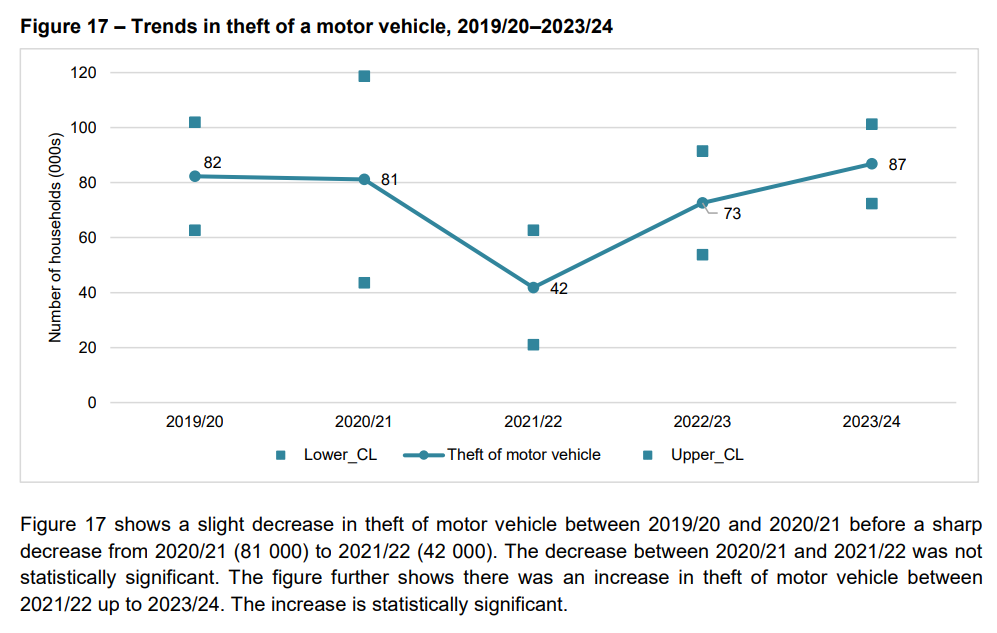Numbers Don’t Lie: What Gauteng’s New Plates Mean for Crime Prevention

Gauteng Province has taken a major step in the fight against vehicle-related crime by launching a new high-tech, tamper-proof number plate system. Introduced in June 2025, these innovative plates aim to drastically reduce vehicle cloning, the trafficking of stolen vehicles, and the use of falsified plates. This article examines how the new plates work, the technology behind them, and their potential impact on crime prevention.

RELEVANT ARTICLE: From GP to GXX: Decoding Gauteng’s New Number Plate Design
Table of contents
- The Need for Change
- Launching a High-Tech Solution
- How the New Plates Work
- Digital Tracking Throughout the Value Chain
- Pilot Program and Rollout Plans
- Collaboration with Law Enforcement
- Impact on Crime Prevention
- Wider Benefits Beyond Crime Fighting
- Challenges and Public Awareness
- What This Means for Gauteng Drivers
The Need for Change
Vehicle-related crime has long been a problem in Gauteng. Criminals often use cloned or fake licence plates to commit hijackings, traffic violations, and vehicle scams. This makes it difficult for authorities to track offenders. The outdated, manual system of plate issuance left gaps exploited by these criminals.
Launching a High-Tech Solution
On 5 June 2025, Gauteng Premier Panyaza Lesufi officially unveiled the province’s smart number plate pilot project. This took place at the Nasrec Expo Centre in Johannesburg. The system, developed with the Council for Scientific and Industrial Research (CSIR), uses forensic QR codes and tamper-evident decals to create a secure and traceable vehicle identification system.
How the New Plates Work
The aluminium plates bear several new security features including:
- A forensic QR code on the left side linked to a cloud-based database
- A tamper-evident decal sticker with manufacturing details
- The South African flag and “ZA” country code prominently displayed
- Province name and code, replacing the old provincial emblem
These features make the plates almost impossible to forge or clone. Law enforcement officers can swiftly scan the QR code. This will verify ownership, licensing status, and whether the vehicle is reported stolen.
Digital Tracking Throughout the Value Chain
A key innovation is the “digital twin” system. It creates a digital record of each plate from manufacture to registration and vehicle owner. Only authorised embossers with government approval can produce plates. This minimizes the risk of fake or duplicate plates entering circulation.
Pilot Program and Rollout Plans
The pilot project initially fits government fleet vehicles with the new plates. This will be for six months of stress testing. The full public rollout is expected after regulatory approval and successful pilot completion. It will make the new plates the norm for all vehicles in Gauteng and potentially set a national precedent.

Collaboration with Law Enforcement
The provincial government is working closely with metro police, the Road Traffic Management Corporation (RTMC), and private sector partners. They have also increased the number of road traffic officers to enhance enforcement and visibility.
Impact on Crime Prevention
The new system promises to significantly cut down on criminal activities involving vehicles. By eliminating the space for fraudulent and cloned plates, the system disrupts criminal networks using stolen cars. It also targets traffic violators hiding behind fake IDs.
Wider Benefits Beyond Crime Fighting

Aside from reducing crime, the system is expected to stimulate local manufacturing of plates. It will create opportunities for technology-driven enterprises, thus supporting economic growth and innovation in Gauteng.

Challenges and Public Awareness
As the rollout continues, it’s important for the public to understand the benefits. Additionally, they must know the responsibilities that come with these new plates. Awareness campaigns will educate motorists on how to spot fake plates and report suspicious vehicles.
What This Means for Gauteng Drivers
Existing number plates remain valid, but vehicle owners should prepare for eventual replacement. The new system will make roads safer and law enforcement more effective, ultimately enhancing everyday travel in Gauteng.




